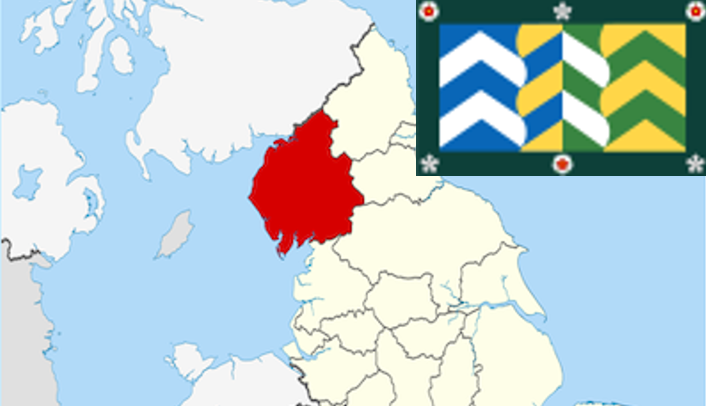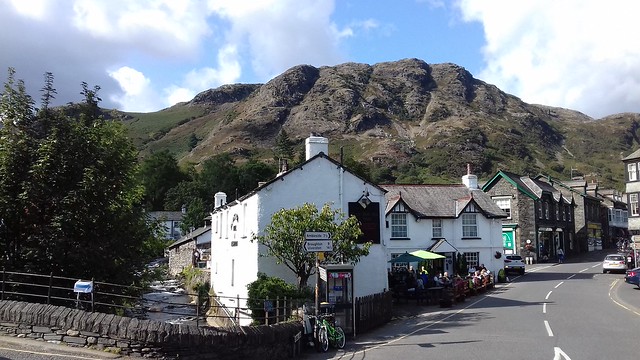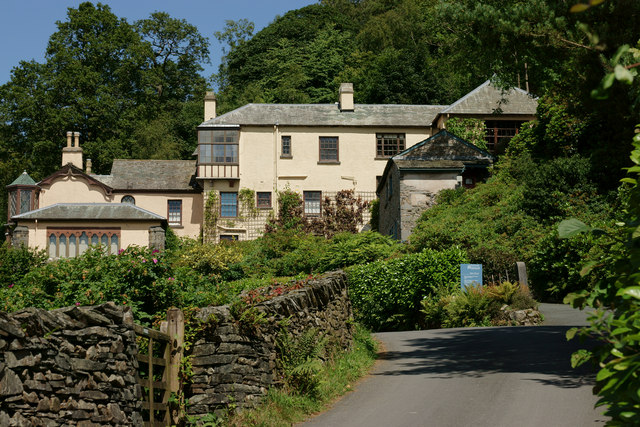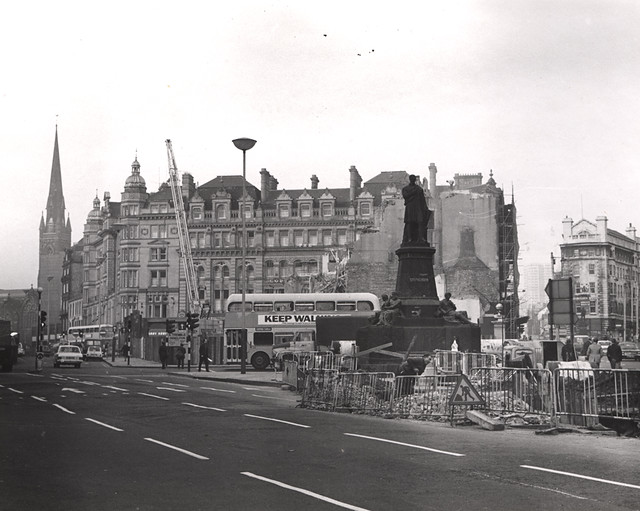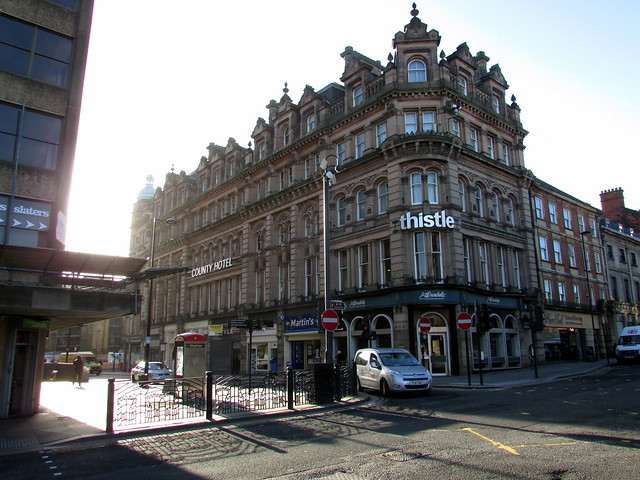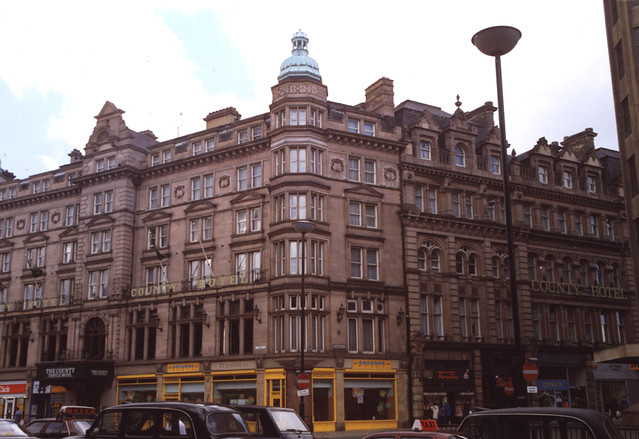Topics > Cumbria > Coniston > Brantwood > William Linton at Brantwood
William Linton at Brantwood
Extract from: Threescore and Ten Year. 1820 to 1890 Recollections by W.J.Linton
At " Miteside" (the river Mite, a little stream coming out from the back of the Wast-water Screes) I lived for three years, barring occasional visits to London, until my landlord wanted the house for himself, when I found a home at Brantwood on the eastern side of Coniston Water, some nine or ten miles from Ambleside, a house under Furness Fells, in Monk Coniston, so called because the land had been part of the domain of the Cistercian Monks of Furness Abbey (Church Coniston village was on the western side of the lake). The manorial right had fallen to the Buccleughs at the time of the dissolution of the Monasteries ; and to the Duke of Buccleugh, my portion of the land being copyhold, I paid a yearly fine of one shilling and three half-pence, to have my title recorded in the manorial books when after a year's tenancy I was enabled by the help of mortgage-money to buy the estate, a fairly large house and ten acres of copse-wood steeply rising up the fell. I sold it to Ruskin years afterwards when I found I was likely to remain in America.
.....In 1852 and 1853 the Republic was issued in fourpage weekly tracts, bound together for monthly parts, still printed at Leeds. In the spring of 1852 I removed to Brantwood, and in 1854 resumed the monthly issue, by then having printing press and types, and registering myself as a printer, without which my printing material was liable to seizure and confiscation by the authorities. At Brantwood I had the assistance of three young men from Cheltenham, who came across the country to offer themselves at my service, at any wage that I could afford them. Two were printers, and the third was a gardener. They were zealous and efficient helpers. When, in April, 1855, 1 had to give up the endeavour (it had never reached a paying point....all to this day my attached and esteemed friends, none ever complaining of lost time at Brantwood. Their names, not among the candidates for notoriety, are written on my heart....
At Brantwood, as at Miteside, my literary work being unremunerative, I continued my engraving, fortunate in being engaged by the Art Union of London to execute a series of cuts after the works of Deceased British Painters, some from my own drawings. I had also occasional work for the Illustrated London News, and some from drawings by Rossetti, Millais, Stanfield, Oreswick, and others, for. Moxon's edition of Tennyson's Poems. And here I may record a piece of generous kindness, not, so far as my own experience went, too common among publishers. It was at Brantwood ; and I was one day standing at an outer gate, when, unexpected, I saw Moxon coming. I had such illness in my house that I could not even ask him to come in, but stood at the gate to answer his inquiry as to the progress of his work....
AT Brantwood I rented a garden between the house and the Lake, and had another small garden patch, with bees, reached by steps to above the height of the house. From this patch was a view across the Lake to the " Old Man " and Coniston Crags under Wetherlam; and from the lower garden we looked up the Lake to Helvellyn. I had the use of a horse, and kept two cows, a pig, pigeons, and poultry (an occasional pheasant would breakfast with my chickens), and some twenty sheep; my cows pasturing in two fields between the house and Lake (two fields rented with the garden), my sheep feeding on the fell, which rose some three or four hundred feet steeply, directly behind the house, the side of the fell covered with copse wood, young oak, and hazel. On one part, not so brant (i.e., steep), I felled the larger oak, barked it (much with my own hands), and sold the bark; then, perhaps for the first time ever done, had an acre or more ploughed, and corn and garden stuff raised upon it. My sheep-feeding on the fell above entitled me, when the common land between Coniston Water and Esthwaite Water was enclosed, to an apportionment of six acres, mostly covered with heather and juniper, so that I had sixteen acres instead of ten to sell to Ruskin.
I knew every mountain pass in the square of the Lake Country, some thirty miles each way; and many were the rambles, of a day or of two, three, four, or more days, through the country, with friend, or friends, or alone. It was a life worth having.....
I can keep no sort of order in these reminiscences. Ruskin I saw but once, then by appointment in the shop of Ellis, the bookseller, in King Street, CoventGarden : a very pleasant meeting. The purchase of Brantwood was pleasantly arranged in a couple of letters. But I knew of him not only through my admiration for his writings (admiring him as The Poet, beyond all verse-makers of his time, and for the keen political insight of his at first so much misunderstood book, Unto TJiis Last], but farther as a man of the noblest nature. I knew from W. B. Scott, very friendly with him until differing views of artistic teaching (at the Workingmen's College and elsewhere)...

from https://commons.wikimedia.org…
William James Linton (1812 - 1897)
- Public Domain image c/o Wikimedia Commons.
Added by
Simon Cotterill


from https://commons.wikimedia.org…
William James Linton (1812 - 1897)
- Public Domain image c/o Wikimedia Commons.
Added by
Simon Cotterill
